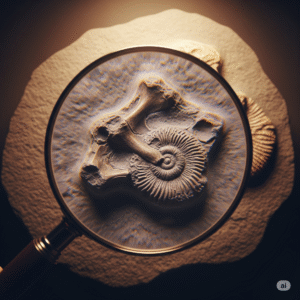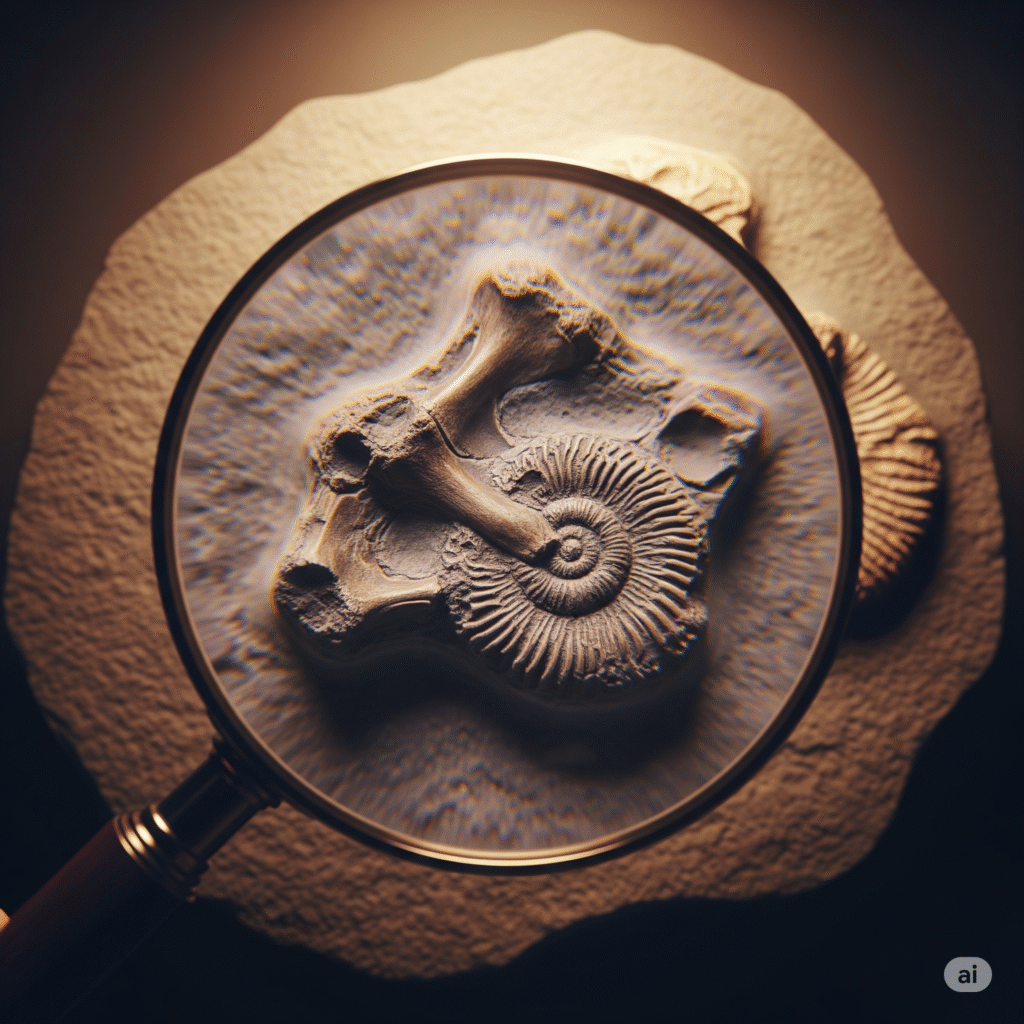Buying fossils online can be a fascinating experience, whether you’re a seasoned collector, a science enthusiast, or simply looking for a unique gift. However, the world of online fossil sales is vast and, at times, unregulated—making it essential to know what to look for before making a purchase. Here’s a practical guide to help you shop smart and confidently.

1. Verify Authenticity
The most critical aspect of fossil buying is ensuring authenticity. Look for sellers who provide:
- Certificates of authenticity (COA) from reputable institutions or experts.
- Detailed provenance information—where and how the fossil was found.
- Clear photos from multiple angles and, ideally, a video.
If the price seems too good to be true, it probably is. Many fakes and replicas are sold as the real deal.
2. Research the Seller
Trustworthy sellers are transparent, knowledgeable, and have a track record of satisfied buyers. Check for:
- Verified reviews on platforms like eBay, Etsy, or specialized fossil marketplaces.
- A professional website with contact information, policies, and educational content.
- Affiliations with museums, paleontological societies, or academic institutions.
3. Know the Law
Fossil collection is regulated in many countries. Ensure:
- The fossil is legally obtained and exported, especially for specimens from countries with strict heritage protection laws (like China, Brazil, or Mongolia).
- The seller complies with import/export regulations and can provide documentation if needed.
4. Understand Restoration and Preparation
Many fossils are cleaned, repaired, or partially reconstructed. This is normal—but it should be disclosed.
- Ask whether the fossil has been restored, enhanced, or composited (combined from multiple specimens).
- Understand how this affects the fossil’s value and scientific importance.
5. Ask Questions and Request Documentation
Before purchasing, don’t hesitate to:
- Ask for high-resolution images or close-ups of key features.
- Request details about species, age, geological formation, and the location it was discovered.
- Get information about care, storage, and display.
6. Start Small and Build Knowledge
If you’re new to fossil collecting, start with smaller, more affordable specimens from common species (like trilobites, ammonites, or fossil fish) to learn what to expect in terms of quality, presentation, and pricing.
Conclusion
Buying fossils online can be a rewarding adventure, blending science, art, and history. But it’s important to approach it with a discerning eye. By focusing on authenticity, legality, and seller reputation, you can ensure that your new addition is not only stunning—but genuine.
Want help identifying or verifying a fossil? Feel free to contact us or check out our fossil buyer’s guide.

